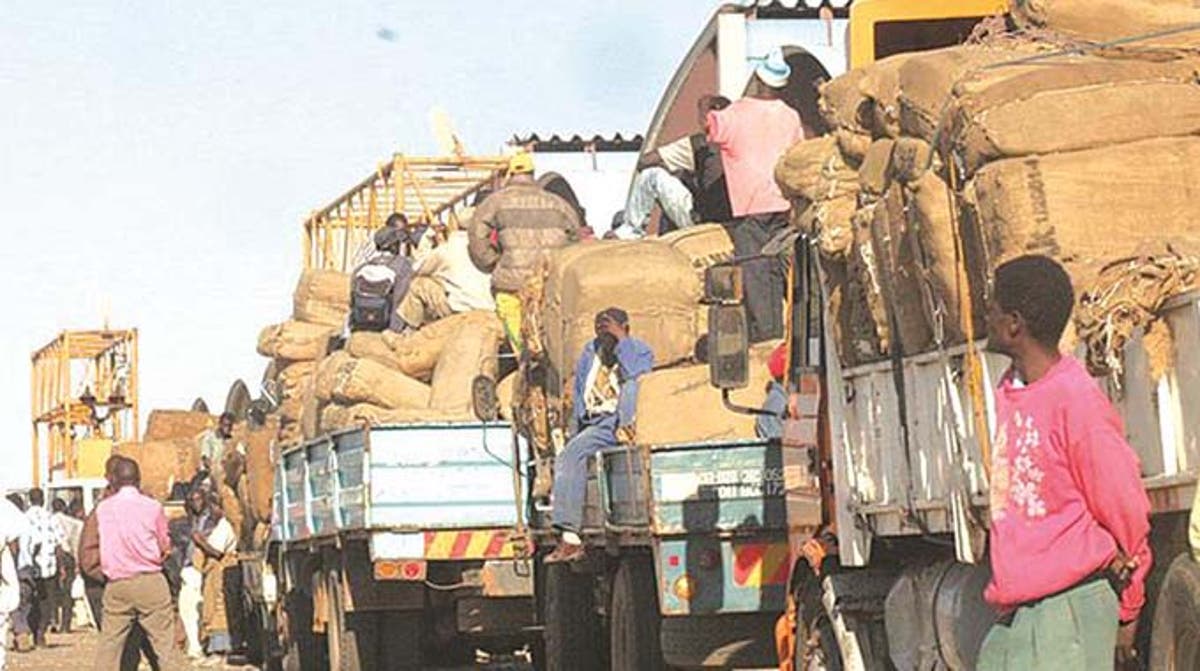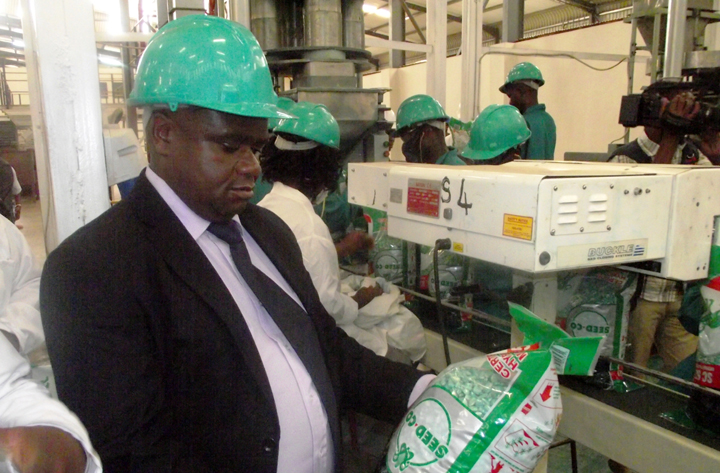Seed Co volumes hit by Covid-19, late rains
Seed Co volumes declined by 20 percent for the nine months and 40 percent in the third quarter to December 31, 2021 due to the negative impact of Covid-19 and delayed cropping season due to slow onset of rainfall.
“The pandemic situation together with the slow onset of the rainfall season as well as fertilizer shortages had an adverse impact on farming activities and in particular seed uptake during the normally peak selling season,” the company said in a trading update.
As a result, maize and wheat seed sales volumes were 20 percent and 6 percent lower than prior year for the nine months ended December 31, 2021 due to the slow uptake of seed in the wake of the late onset of rainfall season.
After IAS 29 inflation-adjusted restatements, Seed Co revenue marginally declined by 3 percent for nine months and by 14 percent for the quarter compared to the same prior year period, reflective of the volume drop.
The full establishment of the rainfall season in January 2022 stimulated seed uptake activity in many areas of Zimbabwe as well as in the region whilst in some areas the rains came too heavy to allow for normal planting activities, according to the company.
“Volumes have been recovering in the last quarter and the extent of the recovery will become apparent by the end of the financial year,” the Zimbabwe Stock Exchange listed firm said in its outlook.
Seed Co said the business environment remained challenging and unpredictable characterised by countless policy and regulatory interventions. While there is increased usage of the US dollar in the market authorities are still working towards fully abandoning the US dollar. The local currency has been depreciating in the last few Reserve Bank of Zimbabwe foreign currency auctions.
The southern African nation instituted a raft of measures to mitigate the widening gap between the auction and parallel market rates. This included penalising traders indexing their price of goods and services using the black market rate, believed to be the main driver of inflation.
“On the economic front, the period was characterised by the continued widening of the gap between the official and parallel exchange rates presenting pricing and valuepreservation challenges to the company,” said the company in a trading update.
The Reserve Bank of Zimbabwe kept its bank policy rate unchanged at 60 percent at its first meeting of 2022 held on February 7 2021, citing inflation risks.
“In addition, high interest rates, under the monetary policy regime aimed at containing local money supply, made the trading environment extremely difficult.”
It said pricing challenges would continue to weigh on the company’s operations.
“These challenges, and in particular the local currency pricing quagmire in Zimbabwe, are expected to continue weighing down the company’s performance in real terms,” said the company.-The Herald










